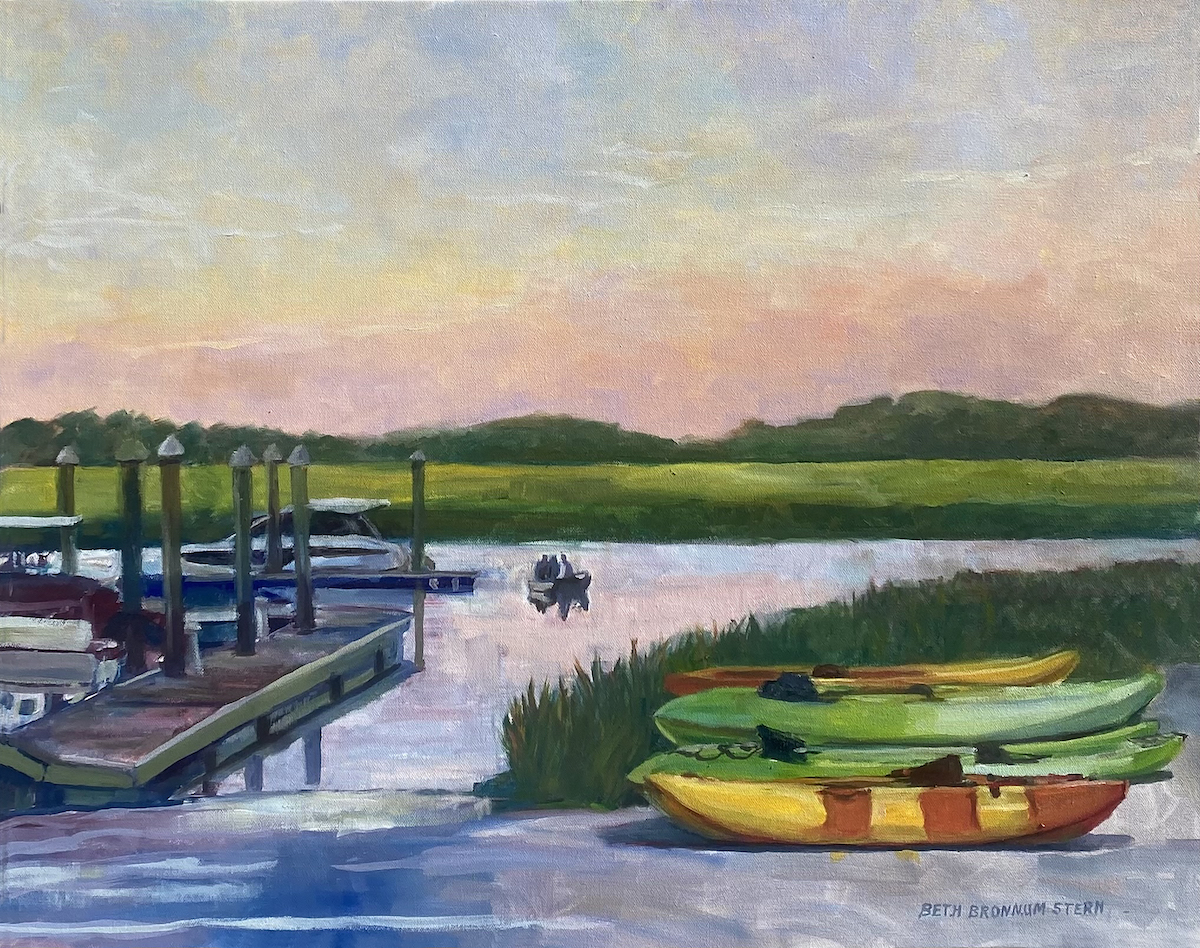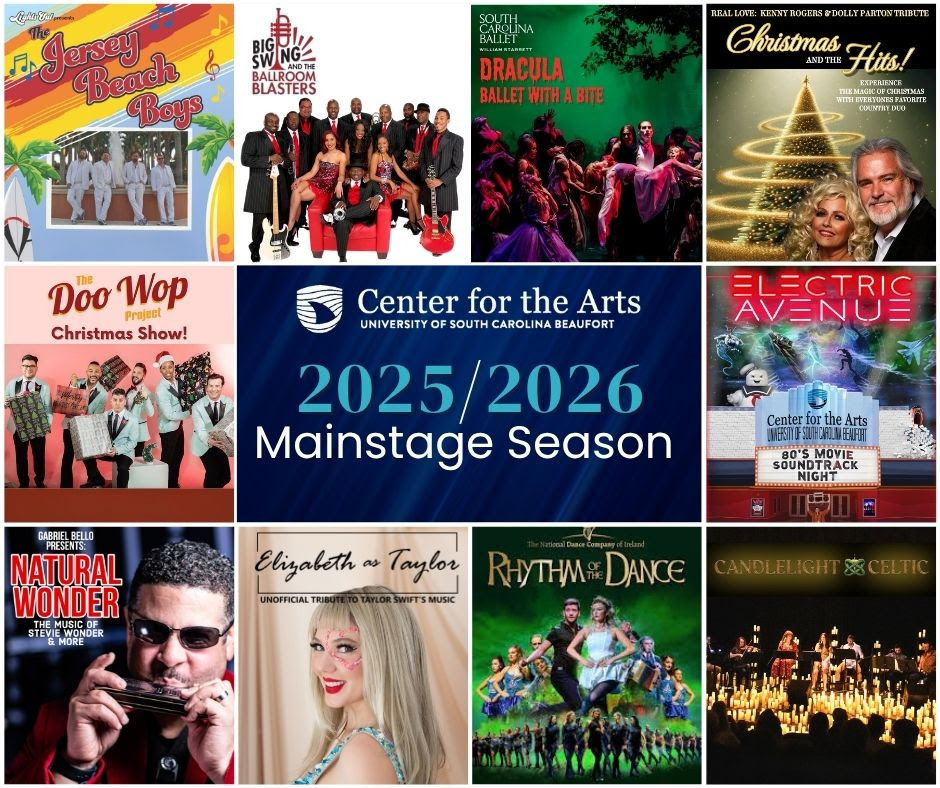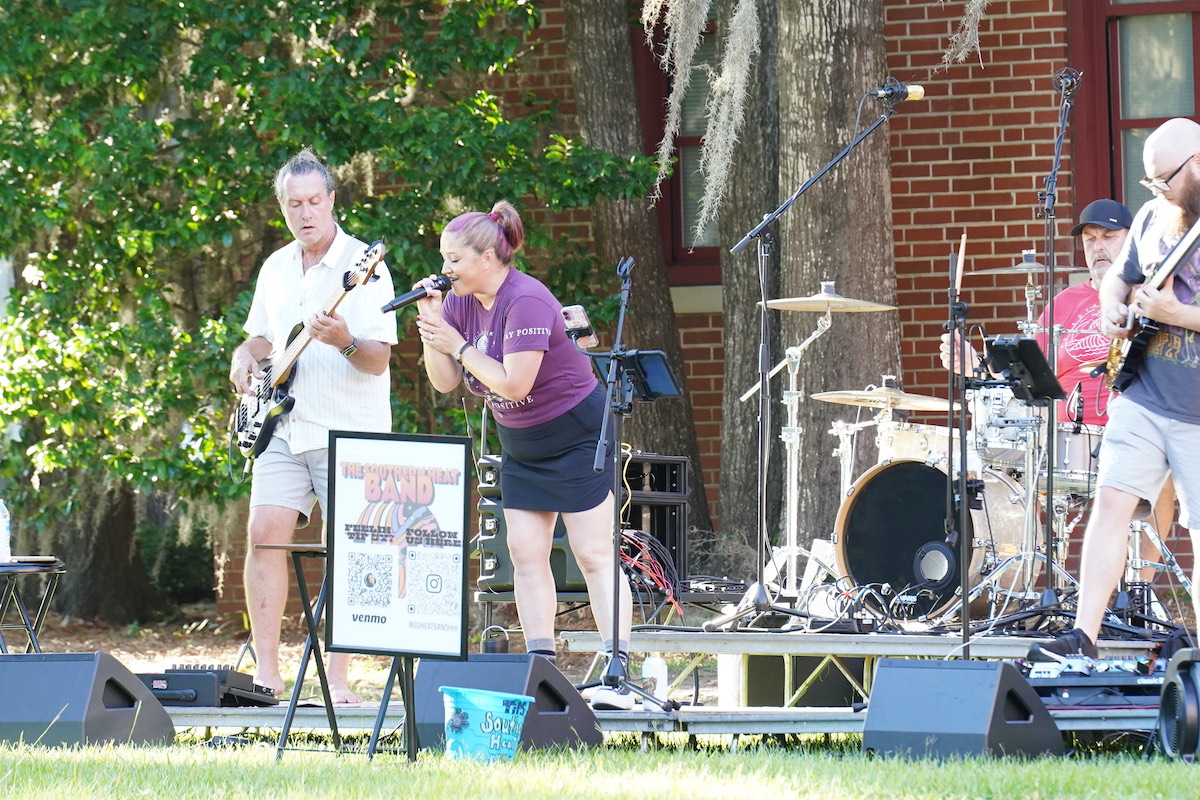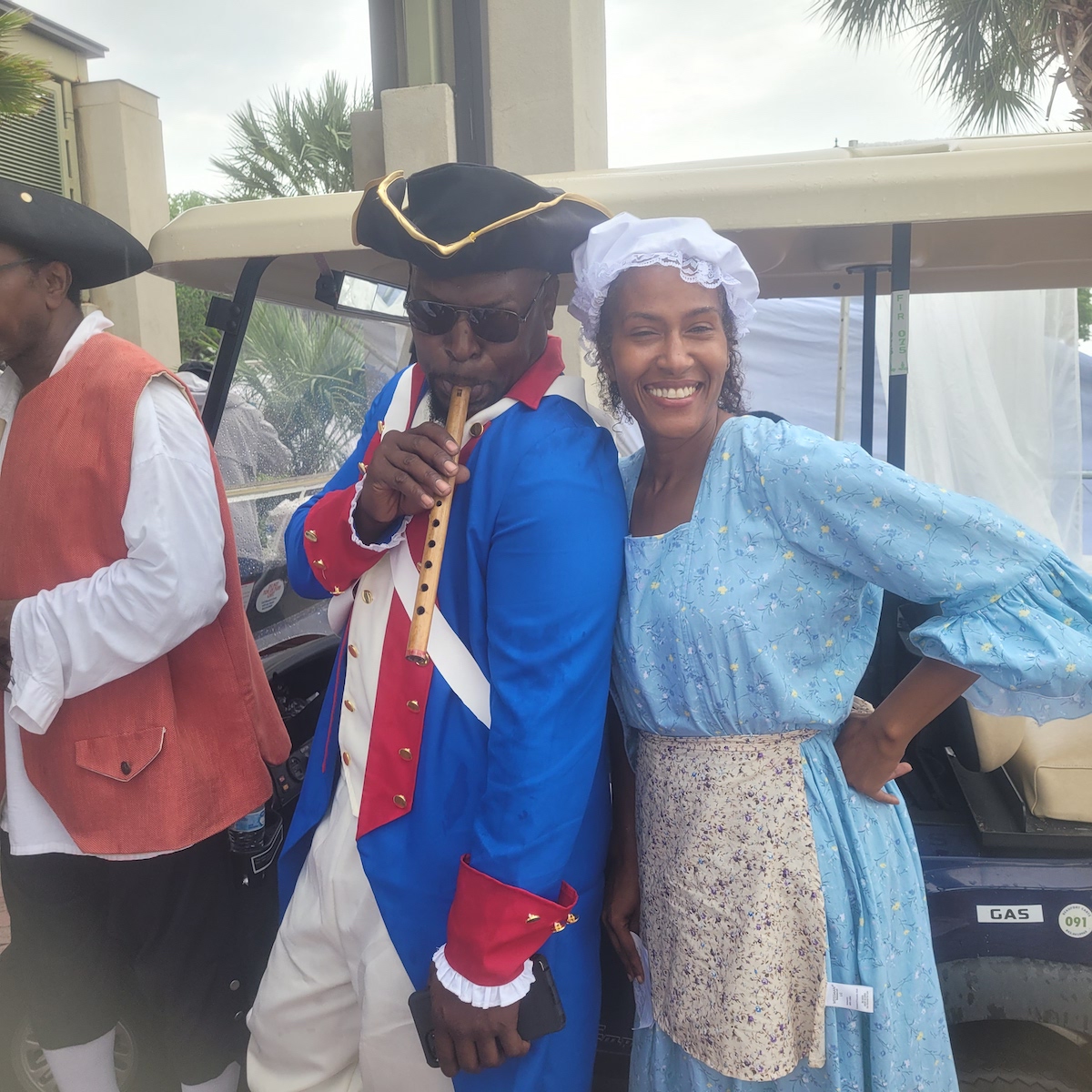By Alan Schuster
Tchaikovsky’s “Eugene Onegin” will be performed by The Met Opera: Live in HD at the USCB Center for the Arts, Saturday, October 5, 12:55 p.m.
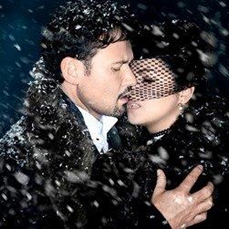
First, three things worth noting about this opera. Yes, it will be sung in Russian, although the sonority and the flow of the lyrics soon become almost as agreeable to the ear as one performed in Italian or French. Second, if you compare Tchaikovsky’s style of composition to any other opera composer, it would have to be that of Verdi, particularly in their orchestrations. And third, it’s pronounced “own-yeag-in,” not “one-gin.”
Based on Alexander Pushkin’s narrative poem of the same name, “Eugene Onegin” debuted in Moscow in 1881. After a cool reception in which many of his contemporaries ridiculed him for writing “romantic Westernized music,” the opera went on to gain considerable appeal throughout Europe. No doubt much of its success was due to the pathetic quality of Pushkin’s story that Tchaikovsky was able to express so beautifully in his artistic and emotional music.
Act I: An estate in Russia. Madame Larina and her nurse are chatting in her garden. Nearby, her two daughters, Tatiana and Olga, are singing to celebrate the end of the harvest. Lenski, Olga’s fiance, arrives with his friend, Eugene Onegin. Onegin, an intelligent but egotistical young man, is introduced to Tatiana, who falls in love with him instantly. That evening, she writes him a long love letter, pleading that they should meet again. Although he comes to see her, he is polite but unresponsive to her infatuation.
Act II: At a party at Madame Larina’s home, Onegin dances with Tatiana, leading to gossip among the guests that they are in love. When he tries to deflect the comments by turning his attention to Olga, Lenski becomes jealous. The two men argue, and Lenski challenges Onegin to a duel. They meet the next morning and both men are hesitant to make the first move. But after the seconds load their pistols, Onegin fires the first shot and kills his friend.
Act III: St. Petersburg. Several years later at a ball held in the palace of Prince Gremin, Onegin is among the guests. He has recently returned from long journeys, which he took to try to forget his friend’s death. He unexpectedly encounters Tatiana, now married to the Prince, and this time he falls deeply in love with her. She agrees to receive him the next day, where he implores her with his love. But she remains loyal to the prince, then rushes out of the room, leaving Onegin to cry out in utter despair.
Each of the three acts reveals the composer’s wide range of dramatic melodies as well as an ear for clever combinations of instruments. And there is no better example of these talents than in Tatiana’s marvelous Letter Scene when she struggles to make her love known to Onegin. It’s driven not only by a remarkably melodic theme, but also heightened by the composer’s use of nearly all of Pushkin’s dramatic narrative. Sir Denis Forman wrote that Tchaikovsky “could write big tunes to catch the public ear; he could orchestrate them brilliantly; and while he could write for ballet as could no one else, the true spirit of this melancholy man is to be found in the music of that long troubled night that led to Tatiana’s doom.”
The Met has gifted opera fans with a great one-two punch by casting Russian prima donna Anna Netrebko as Tatiana and Polish baritone Mariusz Kwiecien in the title role. In 2008, Playboy magazine called her the “sexiest singer in classical music.” In 2011, Kwiecien was praised for his “handsome voice and captivating stage presence” as Don Giovanni.
Tickets: Adults $22; OLLI members $18; Students under 18, $15. All seats are assigned and the box office opens one hour prior to both 12:55 p.m. curtain times, or call 521-4145.
COMING NEXT: THE COMIC SATIRE ‘THE NOSE’:


